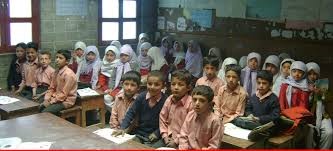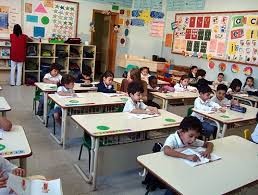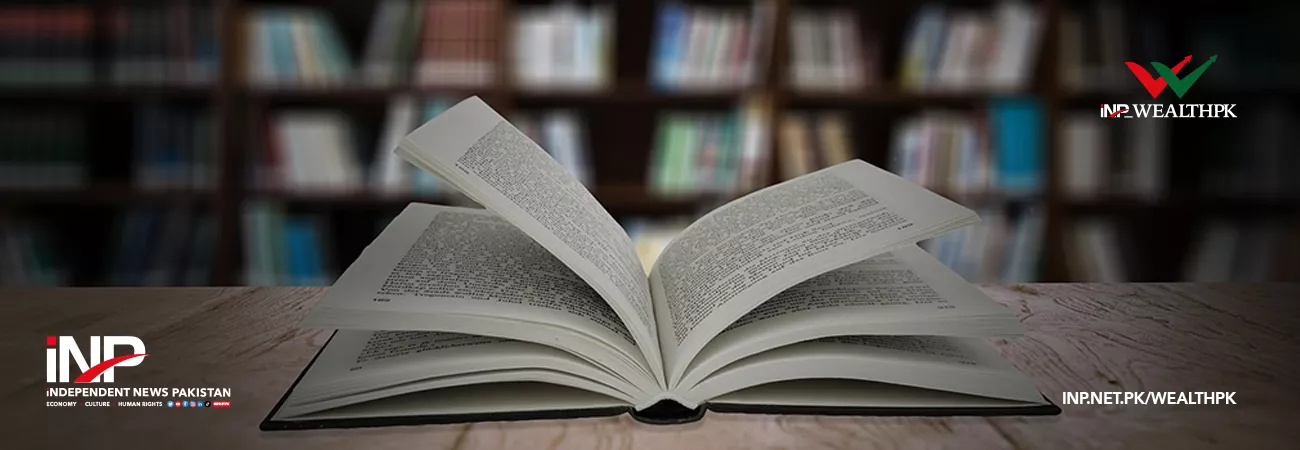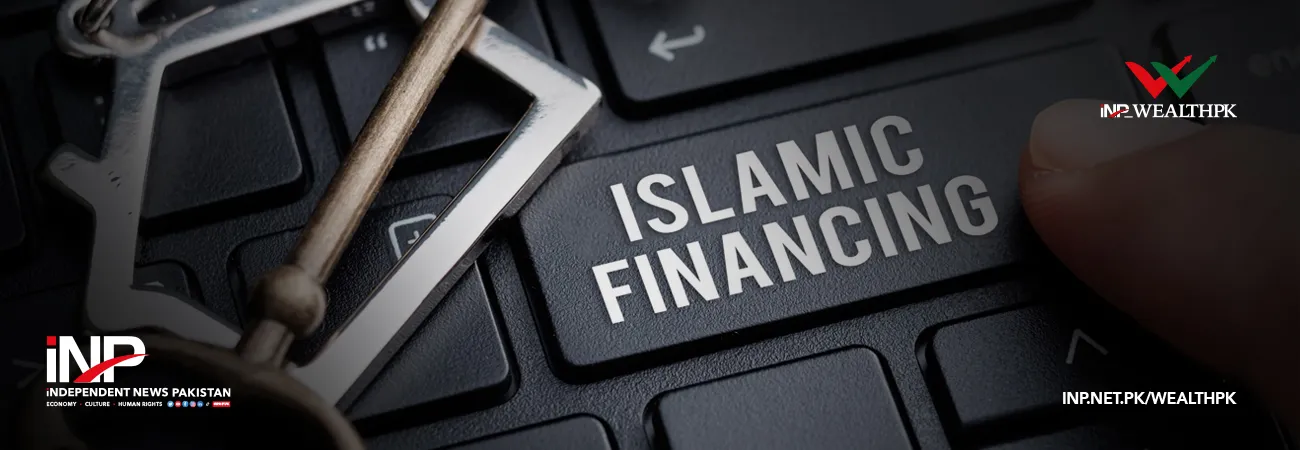INP-WealthPk
Sajid Irfan
Pakistan’s public sector education system needs attention and more resources to produce a talented educated lot capable of contributing positively to the national economy. In the past, the education sector did not get the attention it deserved due to which it could not produce the desired results. This is why people are forced to send their children to private educational institutions which are expensive and put a lot of burden on parents’ pockets, but they had to go for it due to lack of affordable choices. And those who can’t afford expensive private education remain deprived of an opportunity to contribute to the economy according to their potential.

Shabbir Alam, vice principal of a government-run school in Rawalpindi city of Punjab province, said while talking to WealthPK that quality education should be a priority for every nation. He said the weaker segments of society remain worried about the education of their children. He pointed out that the quality of education, high fees, school discipline, student behaviour, facilities, school building remain some of the particular areas of concern.
Shabbir said Pakistan’s education system is comprised of 260,903 institutions serving 41.018 million students with the help of 1.535 million teachers. He said the system includes 180,846 public institutions and 80,057 private ones, so 31% of educational institutions are in the private sector, while 69% are public institutes. Shabbir said that most Pakistani citizens live in rural areas and access to education is a major problem for them. “A balanced approach to formal and informal education can be a feasible option. The government and the private sector should work together to promote education in rural areas,” he said.
He said the cost of education, lack of proper planning, allocation of funds, gender gap, and security concerns are some of the major issues in the country’s education sector. Shabbir said there is a need to implement national education policy and long-term education goals. “An analysis of education policy suggests that at the policy level there are several admirable ideas, but there are some shortcomings as well,” he said.

Shabbir said the buildings of the educational institutions must be used for education purpose only. He said that as the federal government is paying attention to vocational and technical training, it is imperative to make the existing centres more efficient. This will ensure that skilled youth are produced. He added that effective private sector engagement in delivering quality education can help the government fill the education demand-supply gap and improve learning outcomes for students.
Shabbir said many private schools provide high quality education but their tuition fee is very high. “A fruitful policy must be developed to ensure that all government and private schools provide quality education with affordable fees,” he said. He said the government would be better advised to focus on improving the quality of education in its own schools, where the real bulk of the country’s schoolchildren are enrolled.
Credit : Independent News Pakistan-WealthPk













